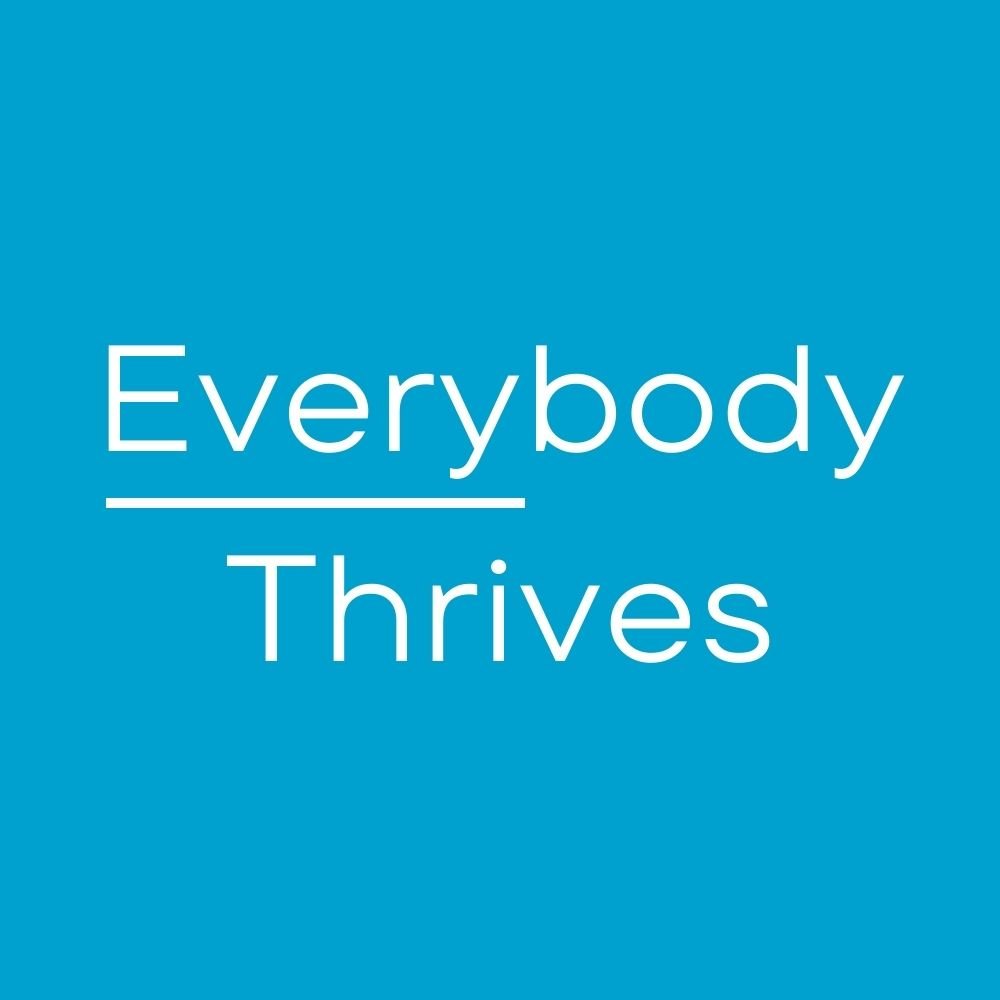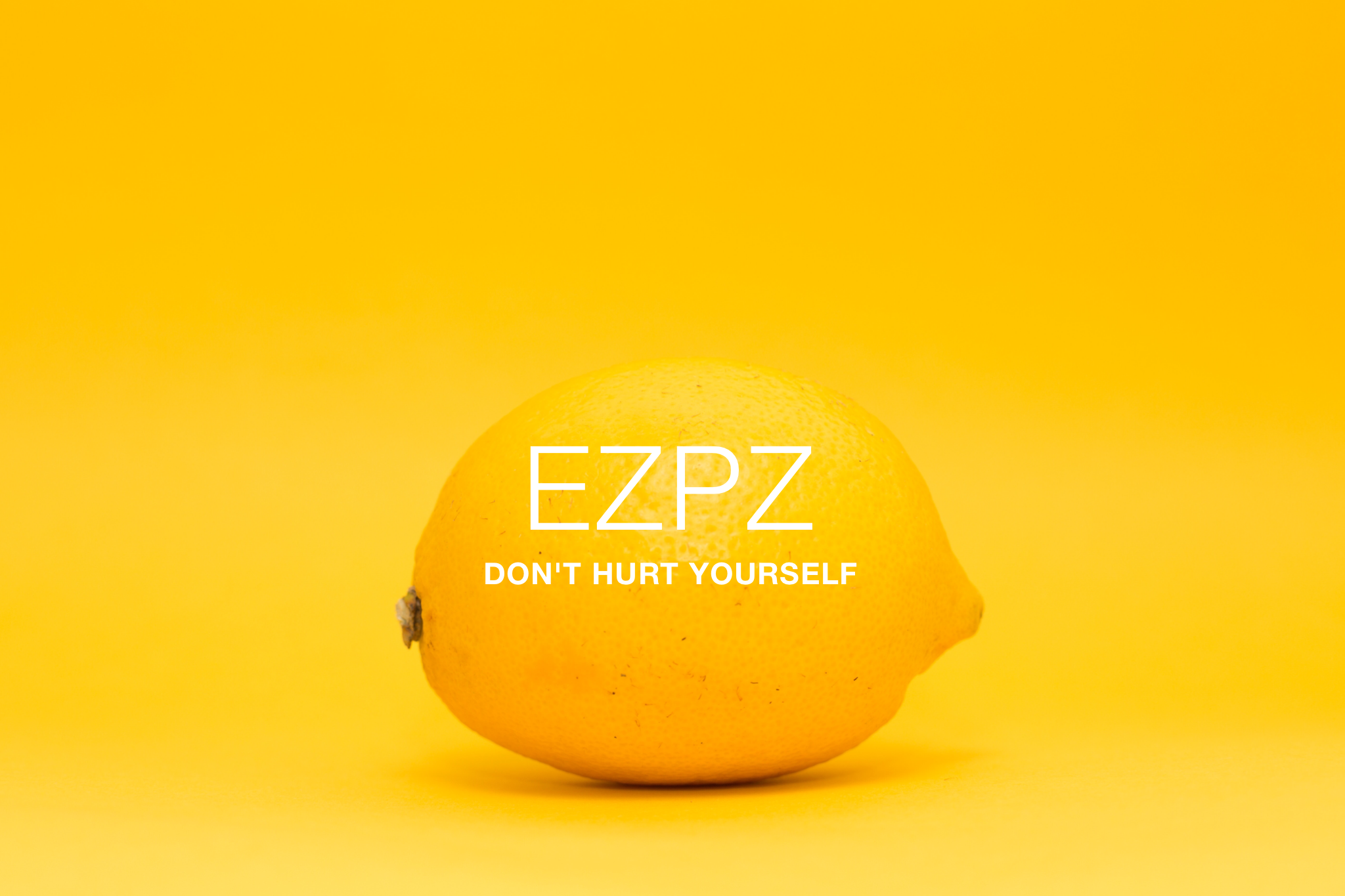Between what is said and what is not meant, and what is meant and not said, most love is lost.
-Khalil Gibran
Bedtime routine with my son can be nirvana or a battle zone. One night I was preoccupied with work and wanted to get him to bed quickly. He was his usual playful self and in no rush to retire for the evening. I'm ashamed to admit, I became more and more annoyed as my attempts for efficiency were met with cute stories, jokes, and questions. I got curt, he was hurt, and soon we were both fuming.
What is it about family relationships that can be so trying? The unreponsive teen, the unappeasable parent, the undermining sibling. Left unattended, strained relationships can lead to constant strife and even complete alienation. And how do we let things get so bad that only something horrible, like a serious illness, may prompt the first steps on the road to reconciliation?
Imagine a playground seesaw. On one end sits a healthy relationship, anchored by love, trust and commitment. On the other sits a damaged relationship, weighted down by fear, mistrust, and avoidance. Each interaction can add to one side or the other. And people unconsciously keep an emotional ledger, with the balance reflecting the health of the relationship.
So how do two otherwise intelligent, caring people end up with a broken relationship? As humans, we have a powerful need to be right or win. And sometimes this immediate need overshadows our long-term desire to have a good relationship. Think about how many times you've wanted to tell someone "I told you so!" or do the "I Told You So" dance.
When both parties give in to their need to win, a negative interaction is assured. If this becomes a pattern, bit by imperceptible bit, days can turn into years and ounces of hurt into tons. After years of avoidance and half-measures we lift our heads and realize that repairing the damage is a Herculean task.
So back in my son's bedroom, steam is rising off the top of our heads. I can't understand why he is not listening and he can't understand why I am being such an ogre. The self-righteous part of me feels that he should apologize first. I'm sure he is feeling exactly the same way. Classic stand-off.
I take a deep breath and think about relationships I've damaged by my need to win. I think about people I know who are no longer speaking to a family member. I don't want this future for us. And I don't want to model this negative behavior for him to carry into other relationships. So with extreme difficulty I just barely swallow my pride and apologize for being so short with him. He immediately softens, embraces me warmly, and to my surprise apologizes, too. I tuck him in and am thankful that our relationship tilted towards the healthy side.
When it comes to those who matter most to you, a funny thing happens when you decide it is okay to lose. Both sides win. By "losing" and apologizing first, this allowed my son to forgive me, apologize as well, and strengthened our relationship. When you stop and think about it, in most arguments no one is entirely in the right or wrong, anyway. In a funny way, Rosie Perez expressed this perfectly in the movie "White Men Can't Jump."
Next post next Saturday, 6:30 a.m.
As a friend and colleague, I struggle against various afflictions - Savior Complex, Narcissism and perhaps my gravest offense, Verbal Diarrhea. One day I was having lunch with a mentee who had just been promoted. We were discussing challenges related to this new role. This flowed into a conversation about the sometimes elusive nature of career opportunities. As I listened, I was doing my best to resist the urge to jump in with my two cents. I'm glad I did because I heard some brilliant advice and immediately declared my intent to appropriate it as my own. When it comes to opportunities, "It's not who you know, it's who knows YOU." In other words, behind closed doors when the decision-makers are deciding who to give a certain responsibility, do any of those people know you? And equally as important, what do they know about you?
To maximize the chances that the people making the decisions know you, don't be a chameleon, use more cowbell, and channel Shakespeare.
1. Be yourself. Don't try to be someone else. When most people try to put on an act, it is painfully obvious or at best, seems odd and is off-putting. For the few chameleons among us who are adept at playing a role, the trade-off is it is tiring. By being yourself, the parts of you that shine through naturally will resonate more with people.
2. Be memorable. Unfortunately, it's not enough be yourself if no ones remembers you. The first American spies in WWII trained by the British were taught to be average in appearance and behavior to better move about unnoticed. If you want to be memorable, it helps to stand out in appearance or behavior. Having a hook or marker helps trigger people's memory of you. It could be a article of clothing, a hairstyle, or a way of speaking. Imagine for a moment that Christoper Walken wasn't a famous actor and you had a brief conversation with him at holiday party. Chances are because of the way he speaks you would remember him easily in the future.
3. Be a bard. Tell interesting stories that illustrate who you are and your value. Context is everything. An accomplishment means nothing without the feeling behind it.
Remember, don't be a chameleon, use more cowbell, and channel Shakespeare. Follow these 3 EZPZ steps to make sure the right people know you. One day, it may open up some doors that would have otherwise been closed.
Next post next Saturday, 6:30 a.m.





